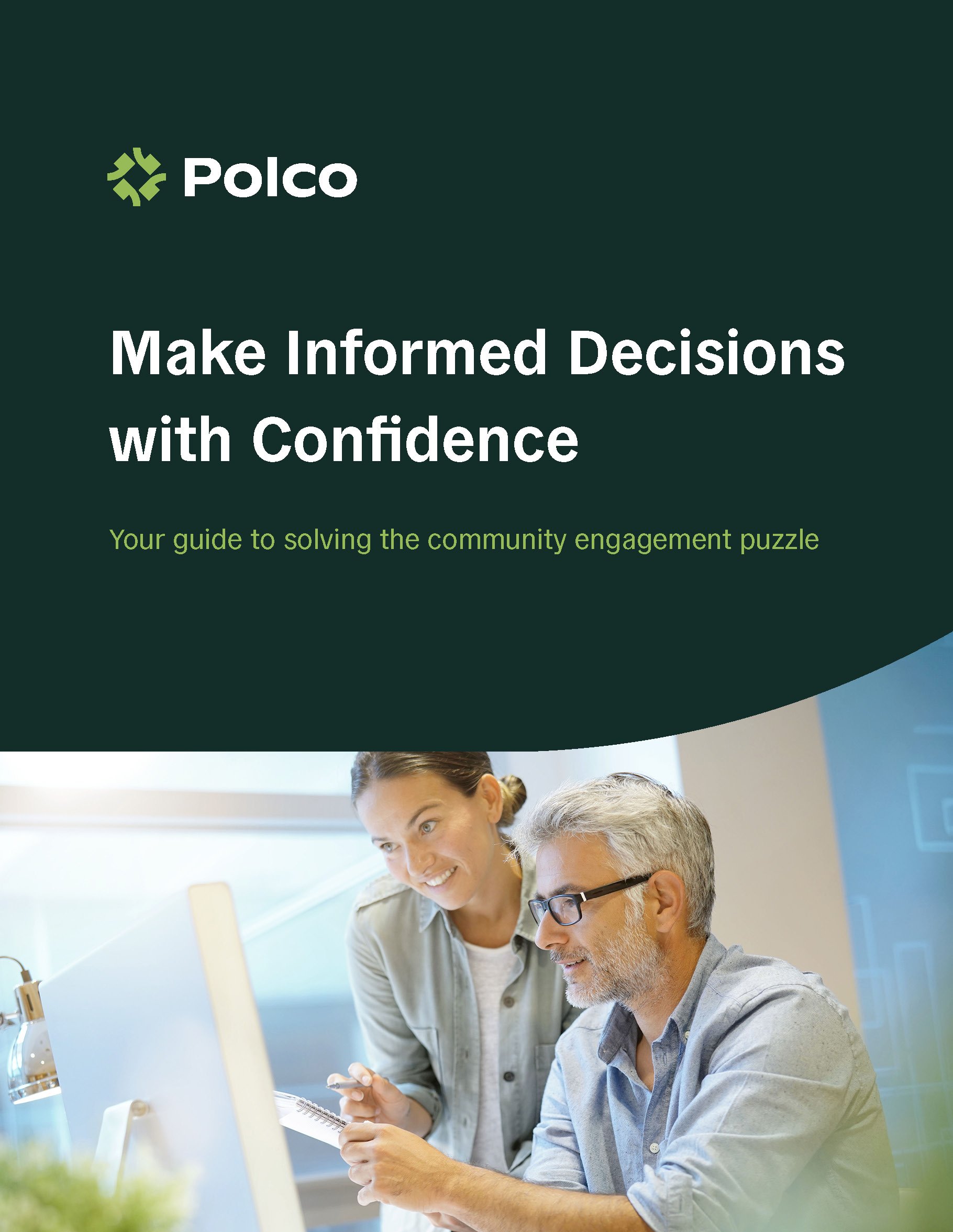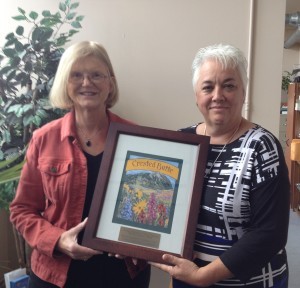Share this
Subscribe to Our Newsletter

Featured Report
Download your copy of "Make Informed Decisions with Confidence: Solving The Community Engagement Puzzle" today!
by NRC on March 24, 2016

- By Angelica Wedell -
Easy access to transportation can be a point of concern for small mountain communities and the advanced aged adults who live there. So community leaders looked to research and data to take action in addressing challenges of mobility.
In 2010, National Research Center, Inc. (NRC) worked with the Northwest Colorado Council of Governments (NWCCOG) and representatives from its member jurisdictions to help them identify gaps in senior services. The goal was to help NWCCOG better plan to meet the needs of older adults living in mountain communities, making it easier for those residents to age in place.
NRC facilitated discussions and conducted surveys - including the Community Assessment for Older AdultsTM (CASOATM) - and completed a detailed analysis of existing data including demographics, regional reports and service inventory information.
“In the case of NWCCOG, most seniors in the region were satisfied with their transportation options, but about a quarter said they had at least a minor problem with access to safe and affordable transportation,” said NRC Director of Research Sonya Wytinck, project manager. “Our research showed that transportation resources were available, but not everyone accessed those services. NWCCOG did further research to better understand the barriers to using the services and then created a program to improve access.”
After seeing the need and doing the research, NWCCOG and the Regional Transportation Coordinating Council (RTCC) initiated the Mountain Ride Transportation Resource Center in 2014. “The MRTRC is a great example of filling an information gap and leveraging current resources,” said Wytinck. “It will be interesting to compare results of our upcoming 2016 study to the 2010 study to see if the transportation gap is smaller.”
To update findings for 2016, Wytinck and her associates at NRC are already looking at newer data. “The NWCCOG team are a dynamic group of thoughtful people and we are looking forward to working with them again on this next round of research.”
- Article Courtesy NWCCOG -
The Regional Transportation Coordinating Council (RTCC) was formed in 2010 as a result of Rural Resort Region’s focus – Seniors in Our Mountain Communities: challenges and opportunities. This project collected data on the growing senior population in our region and identified the gaps in services. One of the priority gaps was transportation, not just within a particular county, but in the public transportation options available to travel across county boundaries to access healthcare facilities and other services. While the initial efforts focused primarily on seniors, it is widely known that what is good for seniors is good for everyone. The RTCC acknowledges the challenges faced by seniors are also faced by veterans, low income, and individuals with disabilities.

Pictured: Mobility Manager, Susan Juergensmeier (l) and Laurie Patterson, Mobility Assistant
In 2012 the NWCCOG was awarded a 5310 Mobility Management grant and the Veterans Transportation and Community Living Initiative grant (VTCLI) through the Colorado Department of Transportation. In July 2012 the Mobility Manager was hired to provide administrative support to the RTCC, and help in identifying key organizations and individuals with potential interest in participating in the RTCC. The Mobility Manager was tasked to develop the One Call/One Click Center, a regional billing mechanism for Non-Emergent Medicaid Transportation, conduct a regional transportation services inventory which included both human services agencies and transit providers, conduct a detailed gap analysis of the transit needs across the region, and to expand coordination of and access to transportation resources. The services inventory and gap analysis were completed in 2013.
After extensive research, in August 2014 the NWCCOG and RTCC went live with the Mountain Ride Transportation Resource (One Call/One Click) Center which boasts ease of access across the region both online and with toll free phone access. In the first six months of operation the Call Center has coordinated 1500 rides. As of January 1, 2015 Mountain Ride has become the acting broker for Non-Emergent Medicaid Transportation (NEMT) for the six county region of Eagle, Grand, Jackson, Pitkin, Routt and Summit Counties.
The Mountain Ride Transportation Resource Center has been firmly supported by our local communities. The Rural Resort Region, local transit agencies, and human services transportation providers contribute to the success of our programs with matching of grant funds, and their assistance with getting our community members where they need to go, when they need to go. NWCCOG staff continues to work on identifying the additional funding sources in an effort to maintain call center services, and build the program to be self-sustaining.
This article originally appeared on nwccog.org.
Related Articles:

Download your copy of "Make Informed Decisions with Confidence: Solving The Community Engagement Puzzle" today!
These Related Stories


